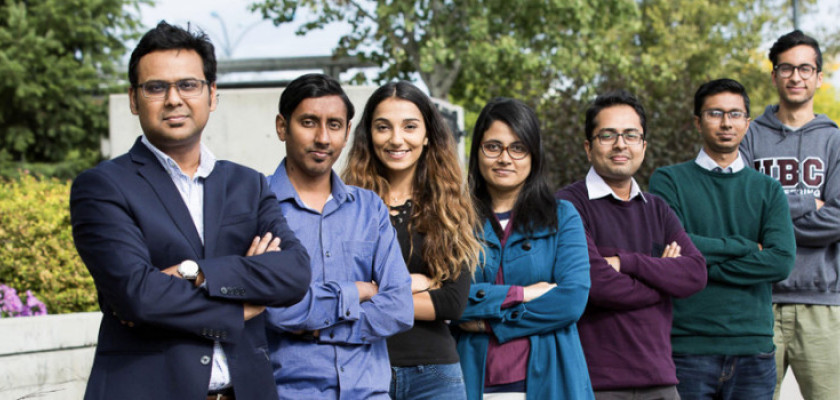University of British Columbia CeTLUR Scholarships for International Students
28 April 2022 by HEC Media
PhD Academic
How to Apply
Email all documents directly to [email protected]
Email: [email protected]
Deadline: 1 June 2022 [CLOSED]
About the University of British Columbia CeTLUR Scholarships for International Students
The UBC’s Centre for Transportation and Land Use Research (CeTLUR) Laboratory, a part of UBC’s Faculty of Applied Science, has opening for 6 PhD students. Research at the CeTLUR Lab revolves around the general area of travel demand forecasting, with a particular focus on the investigation of transportation and land use interactions, travel behaviour analysis, activity-based travel modelling, shared, autonomous, and electric mobility, emissions and energy consumption, and survey design and methods.
The research contributes by developing state-of-the-art agent-based urban system microsimulation tools, econometric models and machine learning techniques to generate evidence to assist in developing sustainable transportation and land use-related policies and infrastructure investment decision-making.
Research at the CeTLUR Lab revolves around the general area of travel demand forecasting, with a particular focus on the investigation of transportation and land use interactions, travel behaviour analysis, activity-based travel modelling, shared, autonomous, and electric mobility, emissions and energy consumption, and survey design and methods.
The research contributes by developing state-of-the-art agent-based urban system microsimulation tools, econometric models and machine learning techniques to generate evidence to assist in developing sustainable transportation and land use-related policies and infrastructure investment decision-making.
The CeTLUR Lab is seeking 6 PhD students to contribute in one or several research topics aligned with the lab's research activities. Desired research interest areas are listed, but are not limited to:
- Developing travel demand forecasting models to investigate ways to decarbonize Canada's transport sector.
- Agent-based microsimulation modelling for forecasting travel demand
- Agent-based regional traffic assignment modelling
- Econometric modelling for travel behaviour analysis including activity-based modelling and investigating the usage of shared, electric and autonomous mobility
- Forecasting for passenger and freight transportation
- Survey design such as activity-based and stated experiment survey
Requirements
- The candidate must hold a master’s in Civil Engineering or a related field. Students with BS in Civil Engineering, interested for a master’s leading to PhD can also apply.
- Experience in survey design, travel behaviour analysis, and travel demand forecasting is required.
- Knowledge of econometric and agent-based modelling for urban systems would be beneficial
- Skills in C++, Python, R, GAUSS, Stata, and/or other programming language/statistical software would be an asset.
